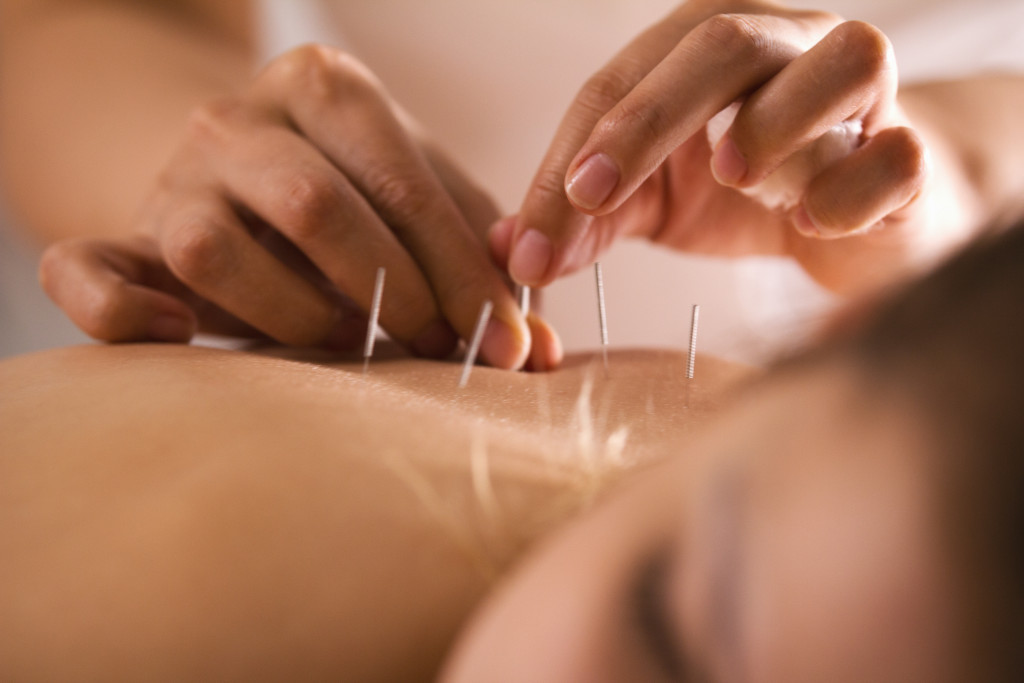In recent years, the use of complementary and alternative medicine (CAM) has become increasingly popular among women of childbearing age. CAM is defined as “a group of diverse medical and health care systems, practices, and products that are not presently considered to be part of conventional medicine” by the National Institutes of Health (NIH). CAM therapies range from acupuncture and homeopathy to Ayurveda and energy therapy.
Why CAM remains popular
One reason why CAM therapies have become more popular is because they are often seen as being more natural and less invasive than traditional medical treatments. In addition, CAM therapies are often used to treat chronic conditions that have not responded to traditional treatments. Some people also like having control over their treatment, in contrast to the lack of control and awareness they experience in the hands of doctors.
Additionally, many CAM therapies have been shown to be effective in treating a variety of conditions, including fertility issues and pregnancy-related complications. Below is a more detailed look at some of the most commonly used CAM therapies in women’s reproductive health.
Acupuncture
Acupuncture is a form of Traditional Chinese Medicine that has been used for centuries to treat a variety of conditions. It involves the use of needles to stimulate specific points in the body. Acupuncture is believed to help restore balance and vitality to the body, and is often used to treat body aches and other problems.
In recent years, acupuncture has become increasingly popular as a treatment for fertility issues. It is used for fertility issues, pregnancy-related complications, and post-partum depression. Studies have shown that acupuncture can improve blood flow to the uterus, which can increase the chances of conception. Additionally, acupuncture has been shown to be effective in treating morning sickness and other pregnancy-related nausea.
There is limited research on the safety of acupuncture during pregnancy, but current evidence suggests that it is safe when used appropriately. Some women may experience a mild stomachache or headache after acupuncture, but these symptoms typically resolve within a few hours. Acupuncture should not be used during pregnancy if you are pregnant with more than one baby, have a history of miscarriage, or are experiencing any other complications.
Acupressure
Acupressure is a form of Traditional Chinese Medicine that uses pressure instead of needles to stimulate specific points in the body. It is often used to treat fertility issues, pregnancy-related complications, and post-partum depression. It is very similar to acupuncture, but instead of needles, acupressure involves pressure using fingertips.
Acupressure is considered safe for use during pregnancy. However, as with any type of treatment, it is always best to speak with a doctor before starting any new therapies during pregnancy.

Homeopathy
Homeopathy is a system of medicine in which people take small non-lethal doses of harmful substances to build up a tolerance to them. This means that if substances causes a specific symptom, taking it in a diluted, smaller dose can also be used to treat those symptoms, too. The remedies used in homeopathy are usually made from plant or animal materials that have been diluted in water or alcohol. Homeopathy is often used to treat fertility issues and pregnancy-related complications such as morning sickness, fatigue, and anxiety. However, no one can truly say whether all homeopathic remedies are safe for you or your baby, before, during, or after the pregnancy. Make sure to consult a doctor first before taking anything so that they can look up information about a substance’s composition.
Ayurveda
Ayurveda is a system of traditional medicine that originated in India. It is based on the belief that good health depends on a balance between mind, body, and spirit. Ayurvedic treatments typically involve the use of herbs, massage, and yoga. Ayurveda has been shown to be effective in treating a variety of conditions, including infertility, morning sickness, anxiety, and fatigue.
One of the main benefits of ayurveda during pregnancy is that it can help to maintain balance in the body. Many pregnant women can experience feelings of nausea, fatigue, and anxiety. Ayurveda can help to address these symptoms and help the mother to feel more balanced and energized. Ayurveda can also be helpful in reducing stress levels. Stress can be harmful to both the mother and baby, so it is important to try to keep stress levels as low as possible during pregnancy.
Overall, ayurveda is a safe and effective way to treat many common pregnancy-related issues. It can help to maintain balance in the body, reduce stress levels, and promote overall health and well-being. Make sure to consult your doctor before ingesting any substances or doing any difficult yoga positions. Get help from your Ayurveda practitioner or healer too whenever necessary during treatment.
Final Thoughts
Though all of the options listed above have potential benefits and risks, Traditional Chinese Medicine in general is considered safe for use during pregnancy. If you are considering using acupuncture, acupressure, homeopathy, or Ayurveda to treat a condition related to your pregnancy, always speak with your doctor first. They can help you weigh the pros and cons of each treatment option and decide which one is best for you and your baby.

